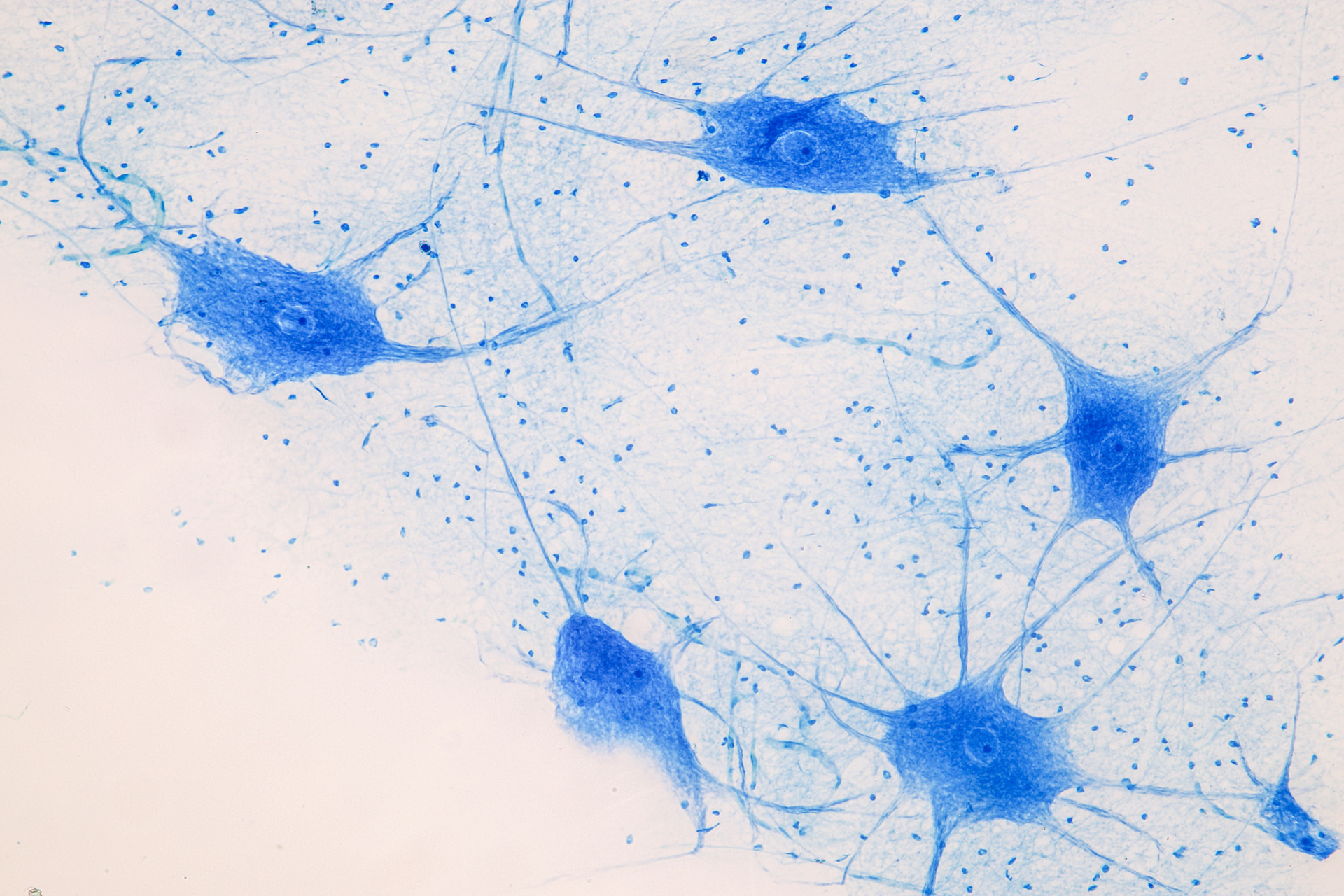Articles
Do Cannabis Strain Names Mean Anything?
Dive into the quirky world of cannabis strain names, from the legendary to the downright ridiculous....
What Are Cannabis Terpenes and How Do They Work?
Terpenes are aromatic compounds that give cannabis its distinctive scents and enhance its therapeutic...
What Are the Munchies and Why Do You Get Them When You Consume Marijuana?
Cannabis is well-known for triggering intense cravings, often leading to the phenomenon known as “the...
Psychoactive THCV: The Cannabinoid That Suppresses Your Appetite
THCV, a lesser-known cannabinoid, has gained attention for its potential as an appetite suppressant....
Top Cannabis Strains to Elevate Your Next Camping Trip
Thinking about taking some cannabis with you into the Great Outdoors? We’ve rounded up some of the best...
What is California Sober?
“California sober” (the nickname is an homage to the first state to legalize cannabis in...
How to Decarboxylate Cannabis
Many people don’t realize it, but there is an activation process necessary for the cannabinoids...
How to Make Cannabutter (or Cannabis Butter)
For people who want to cook with cannabis, making up a batch of cannabis-infused butter, better known...
No More Waiting With Fast-Acting Edibles
For those who prefer to feel the effects of cannabis quickly, standard edibles may take too long. But...
What is the Entourage Effect?
Entourage effect is is the theory that some cannabis compounds work better together—like CBD and THC—and...
What Is the Endocannabinoid System?
The endocannabinoid system is an important piece of the puzzle when it comes to understanding the benefits...
Yale Study on Headaches Says Cannabis May Be a Game-Changer
For migraine sufferers, finding pain relief can be a moving target. What works for one person (or even...
Posts not available
Load More
Loading...














